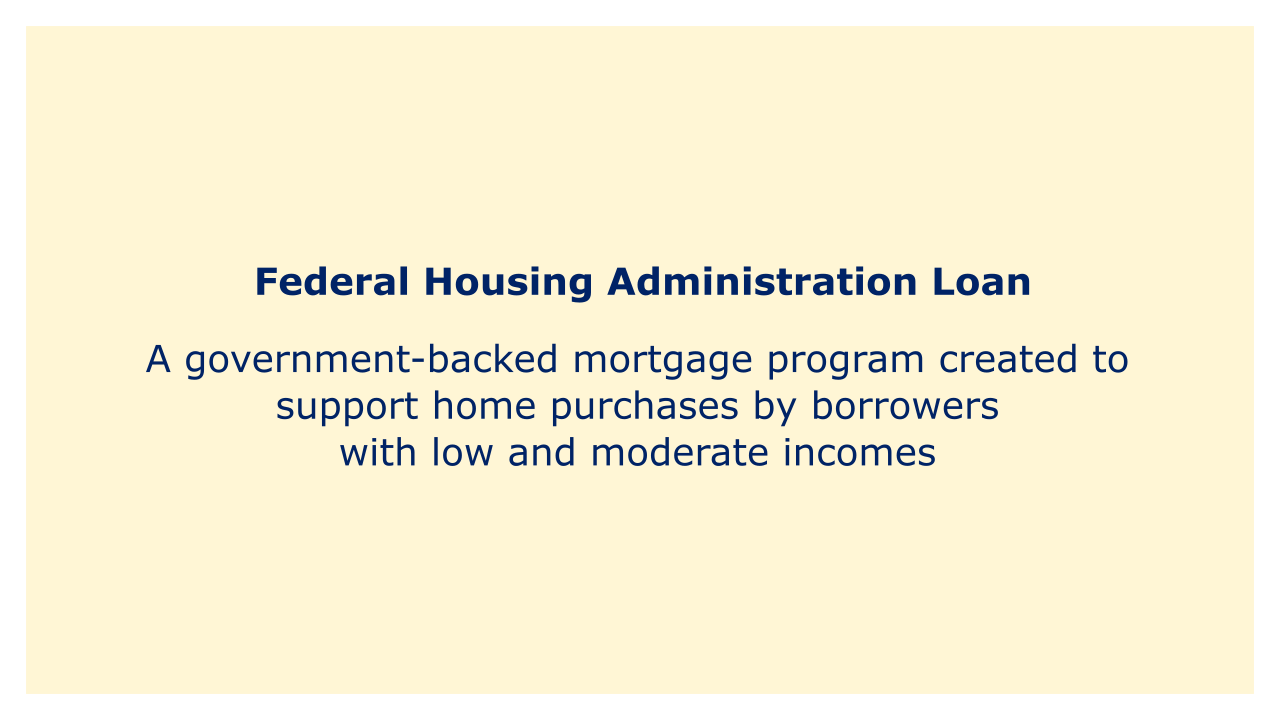 |
| Image: Moneybestpal.com |
An FHA loan is a government-backed mortgage program created to support home purchases by borrowers with low and moderate incomes. The National Housing Act, which established the program in 1934, is managed by the U.S. Department of Housing and Urban Development (HUD).
First-time homebuyers, individuals with poor credit, and those with little money saved for a down payment like FHA loans. The program makes it simpler for consumers to qualify for a mortgage by providing more lenient eligibility standards than typical loans.
Some key features of FHA loans include:
- Lower down payments: As opposed to conventional loans, which often need 20% of the purchase price as a down payment, FHA loans only require a minimum 3.5% down payment.
- Less stringent credit standards: The FHA loan program has less stringent credit score requirements than conventional loans, so borrowers with weaker credit scores may still be eligible.
- Mortgage insurance: Mortgage insurance premiums (MIP) are necessary for FHA loans in order to safeguard the lender in the event that the borrower fails on the loan. The MIP can be included in the monthly mortgage payment or paid as an upfront charge at closing.
- Loan amount restrictions: The maximum loan amounts for FHA loans vary by location and are subject to annual revision.
